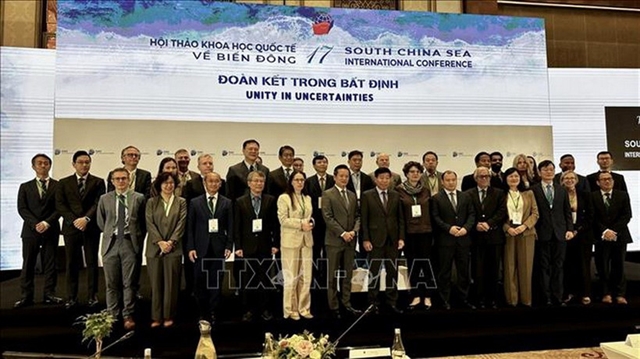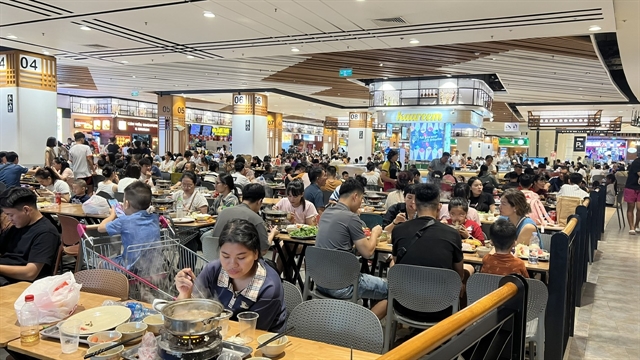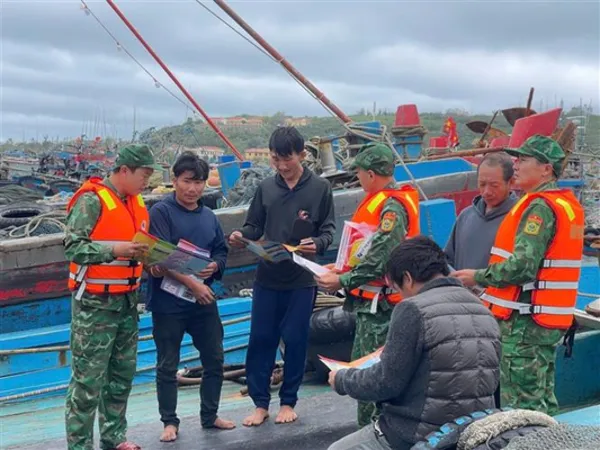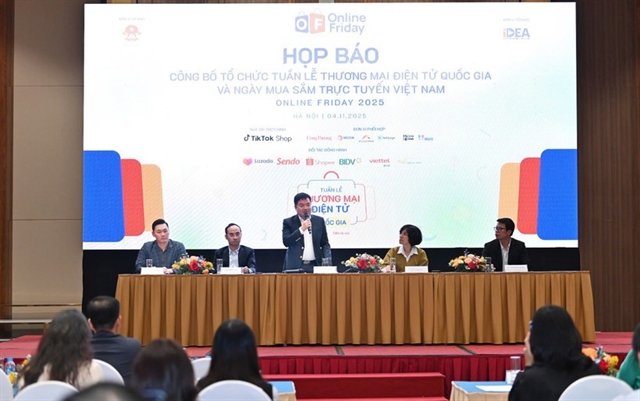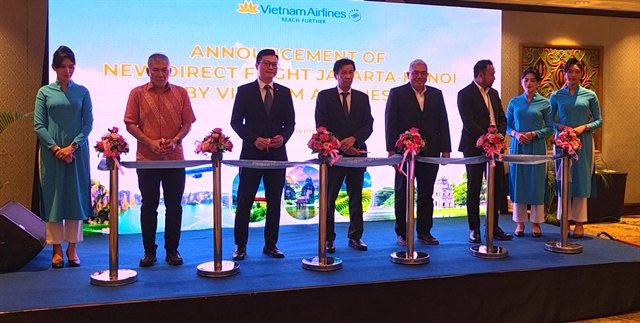

A mother and a baby pangolin have been returned to the bush.
They had been taken away from people who were not supposed to have had them.
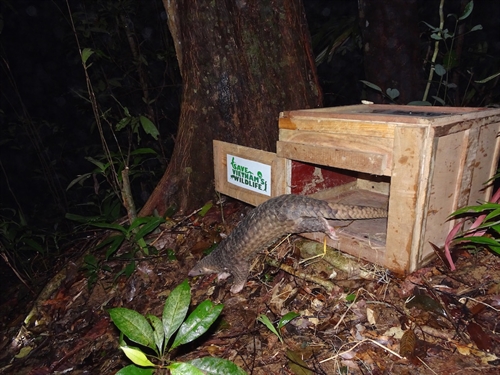 |
| A Sunda Pangolin is emerging from a box to return to the wildlife.Photos courtesy of Save Vietnam’s Wildlife |
A mother and a baby pangolin have been returned to the bush.
They had been taken away from people who were not supposed to have had them.
Pangolins are bought and sold by illegal wildlife dealers more than any other creature in the world.
Since August, at least seventy-five pangolins have been returned to the bush.
HA NOI— As many as 16 Sunda Pangolins, the 17th this month, were released today in a safe and undisclosed location in Viet Nam.
The release occurred in the lead up to World Pangolin Day on Saturday by the Carnivore and Pangolin Conservation Programme (CPCP), a collaboration between Save Vietnam’s Wildlife (https://www.savevietnamswildlife.org/) and Cuc Phuong National Park.
The critically endangered pangolins were rescued from the wildlife trade and rehabilitated at SVW/CPCP in Cuc Phuong National Park, Ninh Binh Province.
Executive Director of Save Vietnam’s Wildlife, Nguyen Van Thai said, "Unfortunately pangolins are rapidly disappearing from the forests due to the wildlife trade and habitat loss. By releasing these Sunda pangolins back into the wild we are boosting wildlife populations and are helping the conservation efforts in Viet Nam."
The released pangolins were confiscated by Forest Protection Department officers in Nghe An, Ha Nam and Thanh Hoa provinces between August and December 2015 in a traumatised and poor state and transferred to CPCP.
After a period of nursing and care they were eventually deemed healthy enough to be returned to the wild. Two of the released pangolins were a mother and child that had been rescued together and have now been returned to the wild.
Luong Tat Hung, Head Keeper of the CPCP stated, "The release was a great success. It is wonderful to see pangolins that we have rescued and cared for finally back in their forest homes."
Pangolins are the most traded animals in the world. Viet Nam has two species (Sunda Pangolin and Chinese Pangolin) and both species are critically endangered, which means both are in imminent threat of becoming extinct in the wild. This latest release will bring the number to 75 Sunda Pangolins released by Save Vietnam’s Wildlife in the last eight months. — VNS
GLOSSARY
As many as 16 Sunda Pangolins, the 17th this month, were released today in a safe and undisclosed location in Viet Nam.
An undisclosed location is a place that people are keeping a secret so that no one knows where it is.
The release occurred in the lead up to World Pangolin Day on Saturday by the Carnivore and Pangolin Conservation Programme (CPCP), a collaboration between Save Vietnam’s Wildlife (https://www.savevietnamswildlife.org/) and Cuc Phuong National Park.
Carnivores are creatures that eat meat.
A collaboration means a job that involves working with someone to produce something.
The critically endangered pangolins were rescued from the wildlife trade and rehabilitated at SVW/CPCP in Cuc Phuong National Park, Ninh Binh Province.
To rehabilitate a pangolin means to bring it back to the state it was in before it was harmed.
Executive Director of Save Vietnam’s Wildlife, Nguyen Van Thai said, "Unfortunately pangolins are rapidly disappearing from the forests due to the wildlife trade and habitat loss.
An animal’s habitat is the kind of place where it has the right amount of food and shelter to survive.
By releasing these Sunda pangolins back into the wild we are boosting wildlife populations and are helping the conservation efforts in Viet Nam."
Boosting means improving.
Conservation means keeping things, such as the environment, as it is and keeping it unspoilt.
The released pangolins were confiscated by Forest Protection Department officers in Nghe An, Ha Nam and Thanh Hoa provinces between August and December 2015 in a traumatised and poor state and transferred to CPCP.
When a pangolin is traumatised, something nasty has happened to it and it is suffering from a kind of shock that does not go away.
To be transferred means to be sent somewhere else.
Viet Nam has two species (Sunda Pangolin and Chinese Pangolin) and both species are critically endangered, which means both are in imminent threat of becoming extinct in the wild.
Two species of pangolin means two types of pangolin.
Imminent means very soon.
If a creature is extinct there are no more of them left on the Earth and they can never come back.
WORKSHEET
State whether the following sentences are true, or false:
© Duncan Guy/Learn the News/ Viet Nam News 2016
1. False; 2. True; 3. True; 4. False; 5. False.

